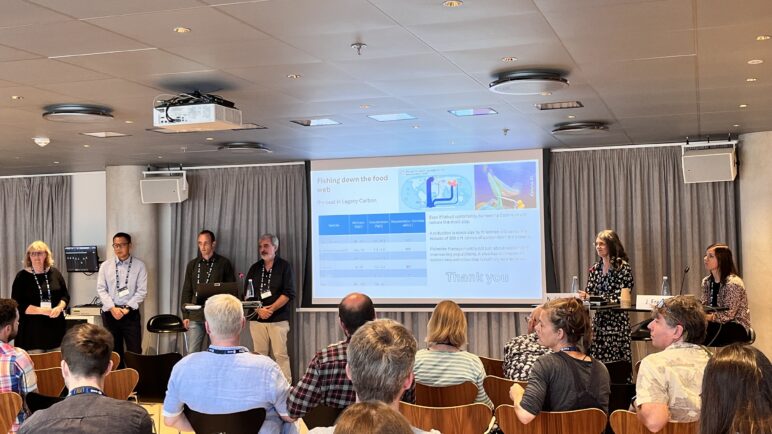This September, Nadine Johnston, Aidan Hunter, and Jen Freer (BIOPOLE Members, BAS) set off for Copenhagen to attend the 2nd European Polar Science Week 2024 conference, jointly organised by the European Commission (Directorate General for Research and Innovation) and the European Space Agency. The aim of this conference was for key scientists and stakeholders of polar science to discuss major challenges and opportunities, promote networking and collaboration across projects and activities advancing the EC-ESA Polar research cooperation, and to provide policy recommendations (particularly areas for future research that could be funded by the EC-ESA). We participated in a BIOPOLE-led session dedicated to our favourite zooplankton – copepods! The session was entitled “Polar zooplankton, the seasonal lipid pump and carbon sequestration”.
We were so pleased to be able to run this session, as it brought together international researchers linked with BIOPOLE (including our BIOPOLE Science Partner PolarRES) to synthesise our current understanding of the lipid pump in both the Arctic and Antarctic.
Firstly, we heard about the lipid pump in the Southern Ocean from Guang Yang (Chinese Academy of Science) and Aidan Hunter (BIOPOLE and PolarRES scientist, BAS) who are using complementary methods to estimate current and future magnitudes of this pump by a range of Southern Ocean taxa including copepods, krill, and salps. Moving to the northern hemisphere, Sigrun Jonasdottir (DTU Denmark, BIOPOLE PAB member) presented results from EU funded project ECO-TIP which looked at the effect of phytoplankton community on copepod lipid storage, accumulation, and composition. Finally, Andre Visser (DTU Denmark) drew on best available data to provide a global estimate of carbon sequestered via the seasonal lipid pump and highlighted the key uncertainties and data gaps that emerged. He also introduced the concept that populations of marine species involved in biological carbon pumps are maintaining the vast pools of “legacy carbon” that have been laid down by previous marine biological generations. Human activities may push these reservoirs out of balance, emitting legacy carbon back into the atmosphere.
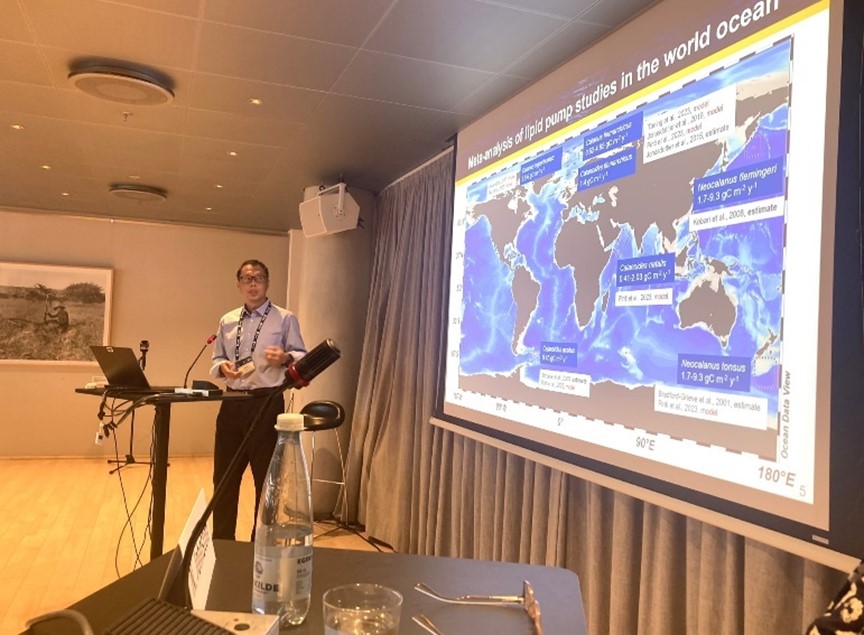
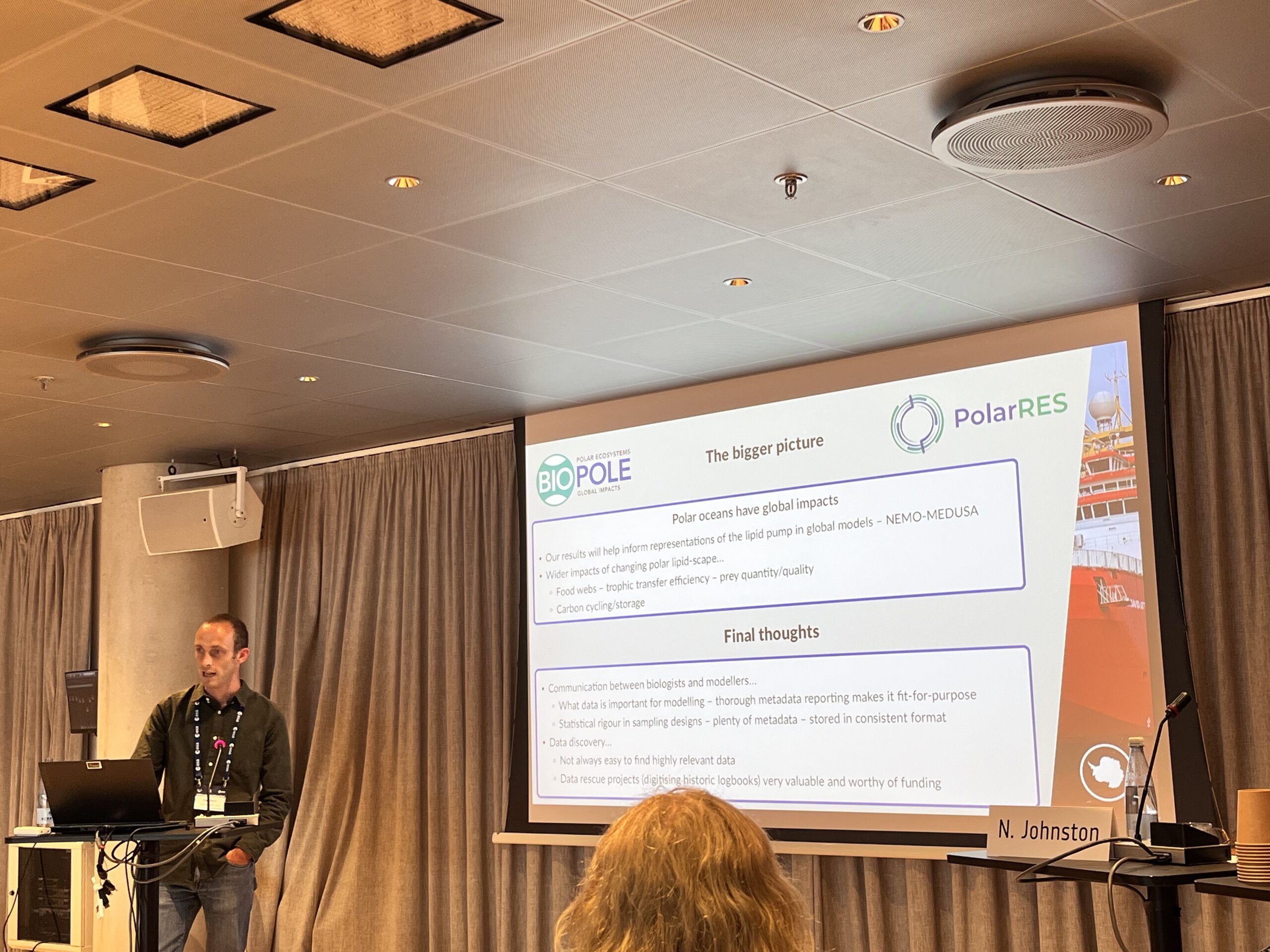
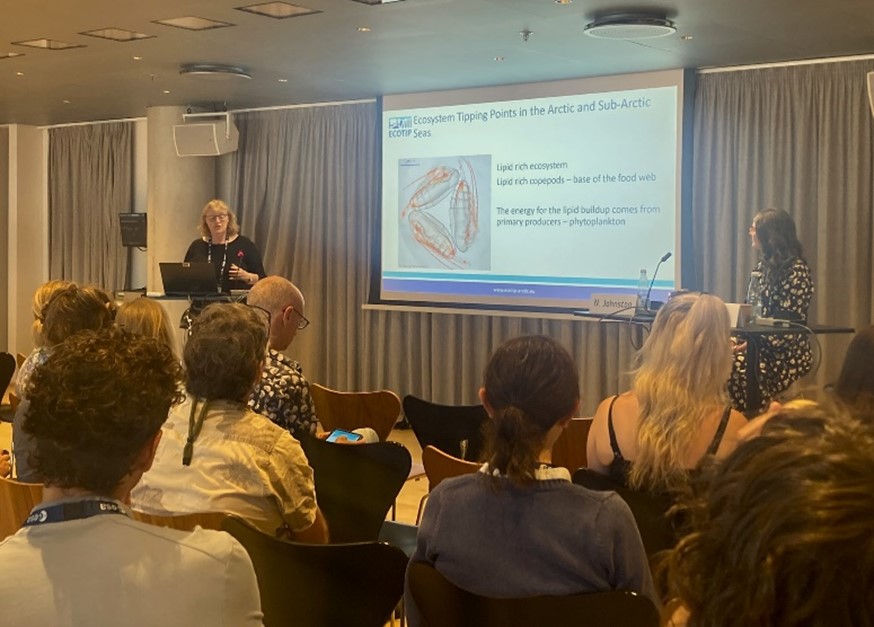
Nadine Johnston, Geraint Tarling (BIOPOLE PI), and Andrew Meijers (BIOPOLE Member, BAS) also co-convened a session with a range of international collaborators, chaired by Stefanie Arndt and Alexander Haumann (AWI): ‘Taking the Pulse of the Southern Ocean: an Internationally Coordinated, Circumpolar, and Year-Round Mission – Antarctica InSync’. Nadine Johnston (and co-authors Geraint Tarling and Hauke Flores, BIOPOLE Science Partner representing WOBEC) delivered a presentation on how Antarctica InSync could address the big questions in Southern Ocean ecology from the coast to the deep ocean and the next steps required to achieve this. In this presentation we highlighted the work that BIOPOLE (and our PAB member Sigrun Jonasdottir and Science Partners PolarRES and WOBEC, and also Andre Visser and Guang Yang) are already doing to address these questions. This was complemented preceding presentations on Southern Ocean heat, freshwater, and carbon budgets – delivered by Andrew Meijers (BAS) and Marcel du Plessis (University of Gothenburg), sea ice decline – Petra Heil (UTAS), and ice shelves and coastal impacts – Tore Hatterman (Norske Polarinstitutt). Recurring themes through the presentations included the need for standardised observations (like our BIOPOLE Cookbook!), greater collaboration between observationists and modellers (like our BIOPOLE Modelling and Observations Working Group!), and appropriate funding to make it a success!
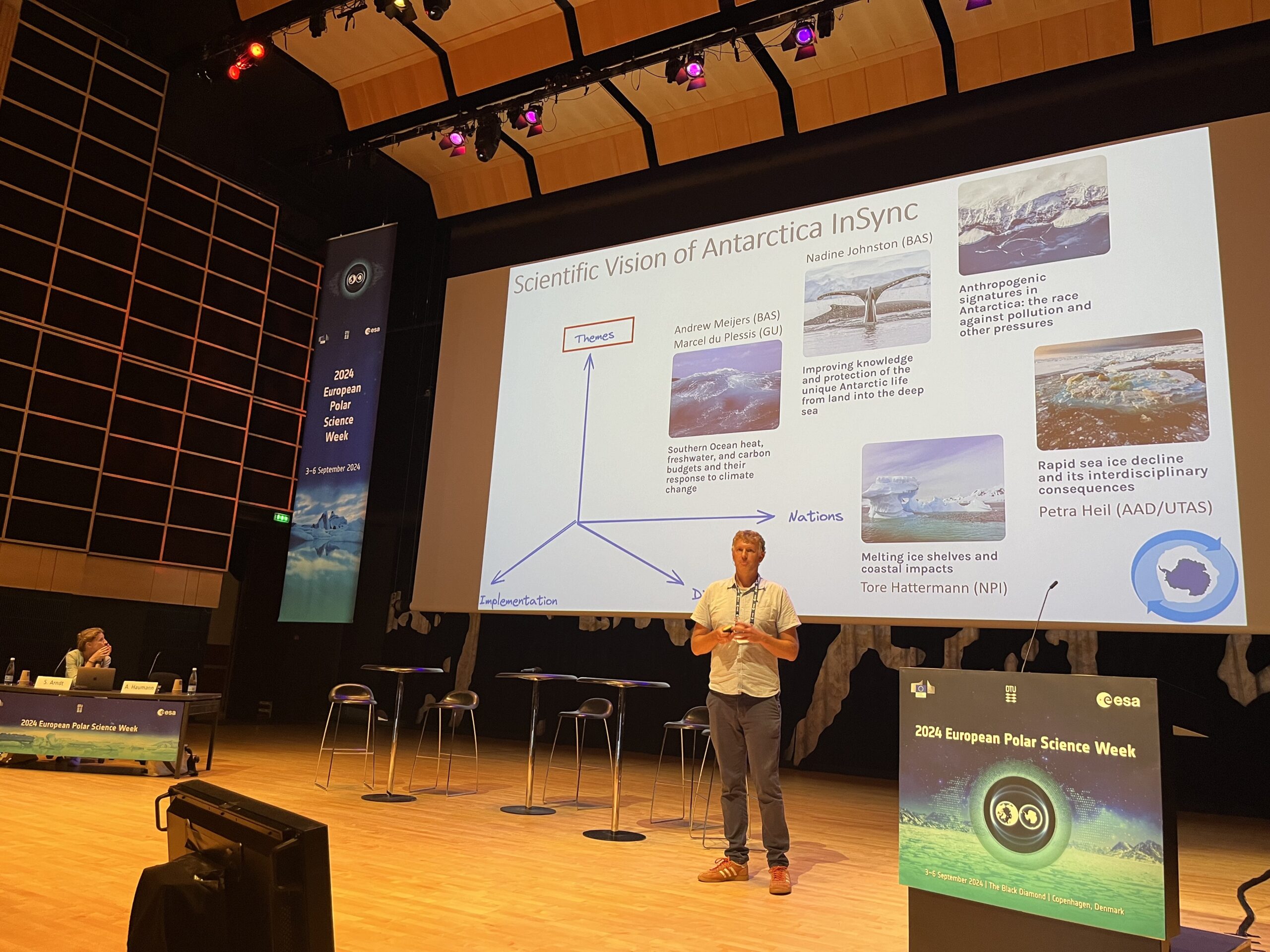
After busy sessions and panel discussions, we enjoyed a wonderful dinner with our speakers (and fellow PolarRES and OCEAN:ICE scientists) in the glorious weather that graced our entire visit. However, our work did not end there as session summaries, including key messages and recommendations, will be included in a conference report that will be published and circulated to the polar research community to guide the EC-ESA’s future funding calls. We hope both the session and the report will raise awareness of the importance of copepods and the lipid pump and the wider work of BIOPOLE and our Science Partners in developing much needed climate models, observation and process studies to examine polar processes in the Earth System to a broad community of polar researchers.
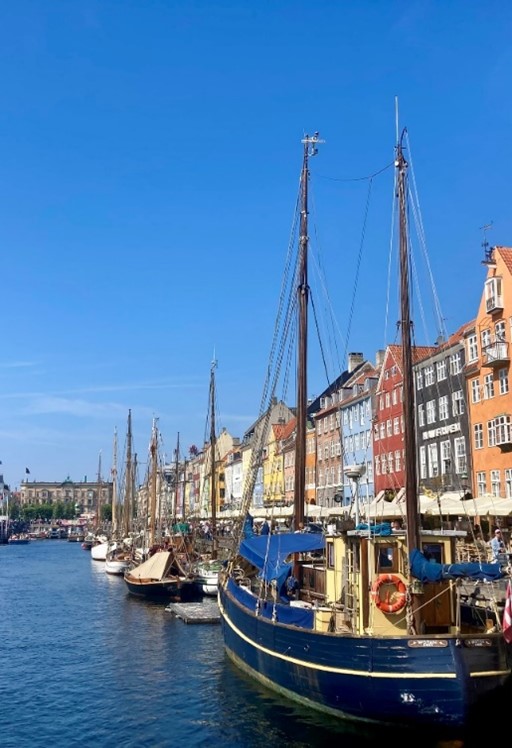
Thanks to everyone who attended our session, and a special thanks to our invited speakers for sharing their research and enthusiasm on this important topic.
The authors of the article – Jen Freer, Nadine Johnston, Aidan Hunter, Andrew Meijers, and Geraint Tarling from British Antarctic Survey

